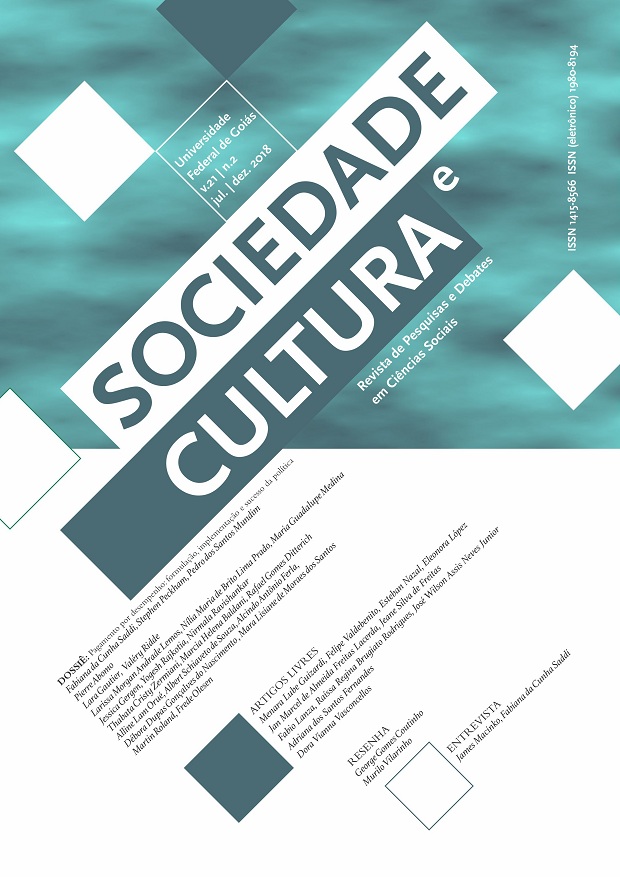Did the learning agenda of the world bank-administrated health results innovation trust fund shape politicised evidence on performance-based financing? A documentary analysis
DOI:
https://doi.org/10.5216/sec.v21i2.56310Keywords:
Performance-based financing, Literature review, Documentary analysis, The world bank, Impact evaluation, Politics of evidenceAbstract
The World Bank, co-funded by Norway and the United Kingdom, created and managed an innovative financing mechanism, the Health Results Innovation Trust Fund (HRITF), to support performance-based financing (PBF) reforms in low- and middle-income countries. From its inception in late 2007, until the closing of fundraising in 2017, it has carried out a wide range of activities related to experimenting PBF. In conjunction with the World Bank, which positioned itself as a “learning organisation”, donors have pushed the HRITF towards developing a specific learning agenda for documenting the policy impact of PBF. This learning agenda has been primarily based on impact evaluations of PBF pilot programmes. As a new body took over the HRITF’s portfolio (Global Financial Facility),
a documentary analysis of this learning agenda is timely. Building from public policy concepts that have been applied to social and health policy, and knowledge translation literature, we examine the learning agenda implemented by the HRITF over these 10 years. Our data includes documentation and publications (N=35) on HRITF and from the HRITF online platform. Results indicate that on several fronts, the HRITF shaped some form of politicised knowledge, notably in the ways country pilot grants were designed and evaluated. Some of its learning activities also provided opportunities for a transformative use of knowledge for World Bank staff as well as national implementers and policymakers. We also provide reflections about the HRITF’s preferred approaches to produce knowledgeand learn.
Downloads
Downloads
Published
How to Cite
Issue
Section
License
Authors who publish in this journal agree to the following terms:
- Authors retain the copyright and grant the journal the right of first publication, the work being simultaneously licensed under the Creative Commons Attribution License, which allows the sharing of the work with acknowledgment of authorship and of the initial publication in this journal;
- Authors are authorized to enter into additional contracts separately, for non-exclusive distribution of the version of the work published in this journal (eg, publishing in an institutional repository or as a book chapter), with acknowledgment of authorship and of the initial publication in this journal;
- Authors are allowed and encouraged to post and distribute their work online (eg, in institutional repositories or on their personal page) at any point before or during the editorial process, as this can bring productive change as well as increases the impact and the citation of the published work (see O Efeito do Acesso Livre).



